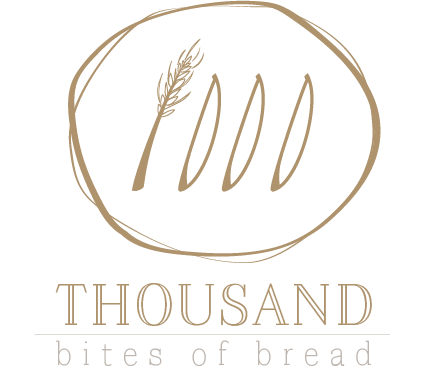Hello there,
We need to talk. Something has been bothering me for a while, and I wanted to get it out there to start a conversation.
I know many of us are thinking about racial equality right now and how to make a better America for all Americans, rather than using the systems we have in place to bolster some, while leaving others dejected from the apparent values we espouse. One thing I’ve been thinking about a lot lately is opportunity hoarding and a more fair distribution of wealth. While I think there is a larger conversation to be had about how our culture handles the idea of wealth*, it is clear to me that racial bias has played a big part in keeping some people out of a fair system, and I want to play a part in rectifying that. If you would like to educate yourself about this, I suggest reading this and listening to this, and all Portlanders should definitely listen to this.
This has been a huge problem for black families in farming, and that really concerns me as a baker who purchases grains from robust local farms. I would love the opportunity to purchase more of my grains from farmers who carry the knowledge and traditions brought to America and developed here, too, by black families. Listen to this episode of the 1619 Project to further your understanding.
And after all of that, if you’re like me, you’re going to want a way to do something about all this injustice. I like Equitable Giving Circle here in my own hometown, and 40 Acres & a Mule project in Wisconsin. I’m sure there are others, and if you know of them, please share.
*Thoughts about the meaning of WEALTH
Is wealth merely the amount of zeros on a spreadsheet? I know this is an assumption that many in our culture have adopted over the years, and to devastating effect. I don’t see this as true wealth if the system that gets you those extra zeros is designed to easily push aside the people within that system that get you there. I think there is a kind of wealth that comes with a society that cares for citizens in ways that keep the wealth somewhat distributed among its people. Two of the ways we can honor this kind of wealth are with high quality education and high quality healthcare for all citizens. Keeping this kind of wealth distributed among people means that when public crisis hits, decisions can be easier made for the good of all. Also, then the wealth of your society can be mobilized for the good of all. I could go on about this for far too long, but I’ll leave it there for now. If you want to pick it up, reach out and let’s have a conversation.
Here’s what’s on the menu this month:
Mama Bread
This month’s Mama bread is made with whole grain durum and sifted red wheat, both from Camas Country Mill. I try to purchase grains from a wide range of farms throughout the Northwest, but Camas Country Mill is a mainstay. They have made it easy for us Portlanders to get high quality flour during these times of Covid (and always!), and I appreciate them greatly. I am inspired this summer by the profusion of fragrant rosemary, both in my garden and as my hands brush up against it on my long neighborhood walks. I’m infusing the bread with the Mediterranean flavors of both durum grain and rosemary herb.
Buttermilk Triticale Loaves
One of my favorite weekly rituals is getting milk and cream from a local farm. I churn the cream into butter (this sounds much fancier than it actually is since I use the Cuisinart to basically zap it), which leaves me with a batch of true buttermilk. The next day, I’ve been taking to the habit of making bread with this delightful ingredient. I love the pairing of buttermilk and rye, but I just got a little triticale, so I’m going to try that instead. If you don’t know what triticale is, I’ve often heard it referred to as a cross between rye and wheat. In these loaves, I use a backbone of white wheat grown by Bluebird Grain Farms and add a bit of triticale from Moon Family Farms in Washington.
Seedy Sandwich Loaves
The sandwich bread this month is made with a mixture of organic sifted Edison and sifted red wheat, both from Camas Country Mill. To these loaves, I’m adding a bit of malted barley flour from Tuality Plains in Forest Grove, OR. The barley adds a hint of cereal sweetness and boosts the browning capabilities. For a twist, I decided to add seeds to the mixture this month: organic flax, organic poppy, and a hint of fennel.
100% Einkorn Loaf
Einkorn is the most ancient wheat that we still cultivate. It’s genetically different than modern wheat because it reflects the time when wheat had a simpler DNA profile. It has a buttery color and a savory flavor with mineral overtones. I’m using grains from Bluebird and milling them at home on my Komo. This bread is a pan loaf and it’s superb as toast dripping with butter and a shaving of parmesan cheese.
I am happy to share any of my formulas with you if you reach out. I hope whatever you are baking is inspiring your day!
With delight and gratitude,

Other news from the world of grain:
-I rather liked this article about yeast and what every baker should know about the yeast all around us. I especially liked the part about Pliny the Elder making a sourdough starter with wasps!!
-In case you thought you were the only one who messes up a loaf from time to time, check this article out, have a chuckle, and feel all the feels of your community.
-I can’t wait to get my hands on a copy of this book!
-My AirBnB class is not in session now or for the foreseeable future, but if you want more information about it, go here.
